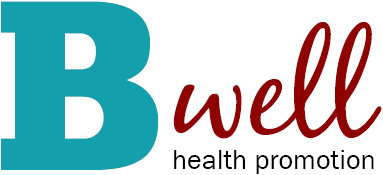Health Services Dietitian 401-863-3558
Confidential information or care is available through individual appointments with a Registered Dietitian. Students can discuss personal eating concerns, as well as any concerns they may have regarding a friend, a roommate, or a teammate. There are no fees for these services.
University Health Services 401.863-3953
Confidential information and care is available on a walk-in, or by scheduled appointment basis. Care is available for initial, current or past disordered eating patients. There are no fees for medical care at Health Services. However, there may be fees incurred if laboratory tests, medications, specialist or emergency hospital care is needed.
Counseling and Psychological Services 401.863-3476
Confidential appointments are available at Counseling and Psychological Services for students concerned about their eating issues. Guidance is also available for those who are concerned about a friend, roommate, or teammates' eating. Services include crisis intervention, short-term psychotherapy and referrals. There are no fees for appointments at Counseling and Psychological Services.






